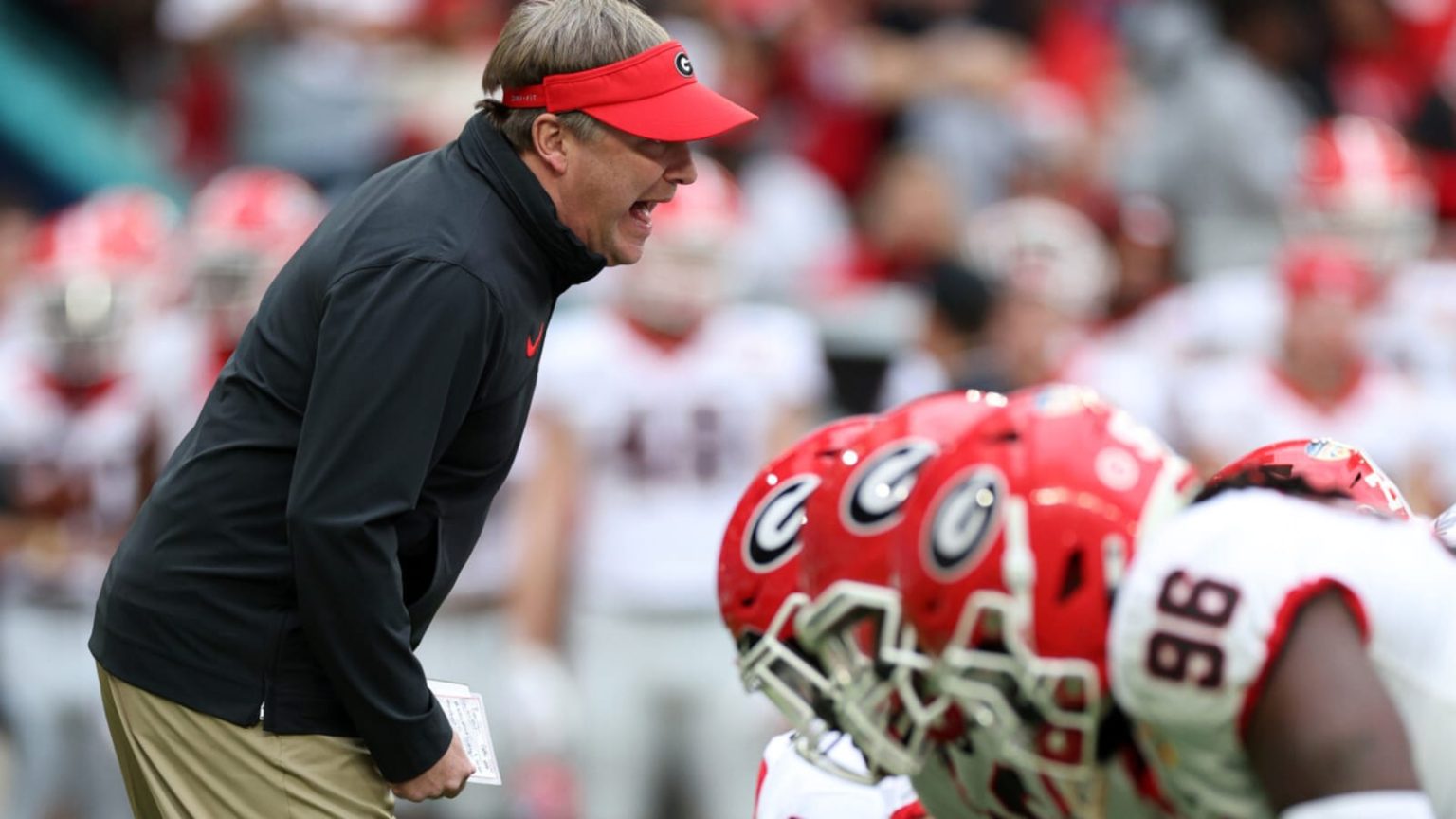As the 2025 college football season approaches, the University of Georgia and head coach Kirby Smart are navigating a transformative period marked by significant changes in Name, Image, and Likeness (NIL) policies. These developments are reshaping the landscape of college athletics, influencing recruitment strategies, and redefining the relationship between athletes and institutions.
The Evolution of NIL at Georgia
In September 2024, Georgia Governor Brian Kemp signed an executive order prohibiting the NCAA from enforcing NIL rules against schools in the state. This landmark decision granted Georgia institutions the legal authority to directly compensate student-athletes for their NIL, positioning the University of Georgia at the forefront of this new era in collegiate sports. Head coach Kirby Smart expressed his appreciation for the executive order, emphasizing its role in keeping Georgia competitive on the national stage. He noted that the ability to offer direct NIL compensation is a significant advantage in recruiting and retaining top talent.
Building upon this momentum, Georgia lawmakers introduced legislation in early 2025 to exempt college athletes’ NIL earnings from state income tax. With the state’s income tax rate at 5.49%, this proposed bill aims to make Georgia-based programs more attractive to prospective athletes by allowing them to retain a larger portion of their earnings. State Senator Brandon Beach, a key proponent of the bill, highlighted its potential impact on recruiting, suggesting that it would provide Georgia schools with a competitive edge over programs in states with higher tax rates.
Strategic Staff Enhancements
In response to the evolving NIL landscape, the University of Georgia has made strategic staff appointments to better support student-athletes in maximizing their NIL opportunities. Steve Drummond has been named Deputy Athletic Director and Chief Marketing Officer. In this role, Drummond is responsible for developing and managing partnerships with brands, donors, and NIL platforms, creating a robust network of opportunities for athletes to capitalize on their personal brands.
Additionally, the university’s NIL program, Classic City Collective, has undergone staff changes to enhance its effectiveness. These adjustments aim to provide student-athletes with comprehensive support, ensuring they can navigate the complexities of NIL agreements while maintaining focus on their academic and athletic commitments.
Recruiting in the NIL Era
The integration of NIL considerations into recruiting strategies has become paramount. In the 2025 recruiting cycle, Kirby Smart and his staff secured a historic number of in-state prospects, with 22 high school signees and transfer portal additions hailing from Georgia. This emphasis on local talent not only strengthens community ties but also leverages the state’s favorable NIL policies to attract top athletes.
The proposed tax exemption on NIL earnings is poised to further enhance Georgia’s recruiting appeal. By allowing athletes to retain more of their compensation, the university can offer a more lucrative and appealing package to recruits, potentially tipping the scales in favor of the Bulldogs when competing against programs in states with less favorable tax structures.
Financial Dynamics and Competitive Positioning
Recent data underscores Georgia’s competitive positioning in the NIL landscape. According to NCAA estimates, the University of Georgia ranks fourth nationally in NIL funding, with $18.3 million allocated. This substantial investment reflects the university’s commitment to providing its athletes with ample opportunities to benefit from their NIL rights.
Collaborative Efforts and External Influences
The evolution of Georgia’s NIL policies has been influenced by collaborative efforts and insights from prominent figures in college football. Notably, former Alabama head coach Nick Saban played a role in inspiring NIL legislation in Georgia. During a dinner at Lake Burton, Saban suggested eliminating state income tax on NIL earnings to support Georgia’s head coach, Kirby Smart. State Senator Brandon Beach confirmed Saban’s influence, emphasizing that Saban sees Smart almost like a son. This revelation has sparked a debate in college football, as many question why Saban isn’t pushing for a similar initiative in Alabama.
Challenges and Considerations
While the advancements in NIL policies offer numerous benefits, they also present challenges. A memo from the Department of Education’s Office for Civil Rights issued in January 2025 indicated that plans for colleges to pay athletes directly for their NIL deals could conflict with Title IX regulations. The guidance suggests that NIL compensation should be treated as athletic financial aid, requiring equitable distribution between male and female athletes. This development necessitates careful consideration and potential restructuring of NIL programs to ensure compliance with federal regulations.
Looking Ahead
As the 2025 season approaches, Kirby Smart and the University of Georgia are poised to navigate the complexities of the evolving NIL landscape. The combination of favorable state legislation, strategic staff enhancements, and a commitment to supporting student-athletes positions Georgia as a leader in this new era of college athletics. By embracing these changes, the Bulldogs aim to maintain their competitive edge, attract top talent, and continue their tradition of excellence on and off the field.
In conclusion, the significant NIL changes undertaken by Kirby Smart and the University of Georgia before the 2025 season reflect a proactive and strategic approach to the evolving dynamics of college athletics. These efforts not only enhance the university’s recruiting capabilities but also underscore a commitment to empowering student-athletes in maximizing their potential both on the field and in their personal endeavors.



